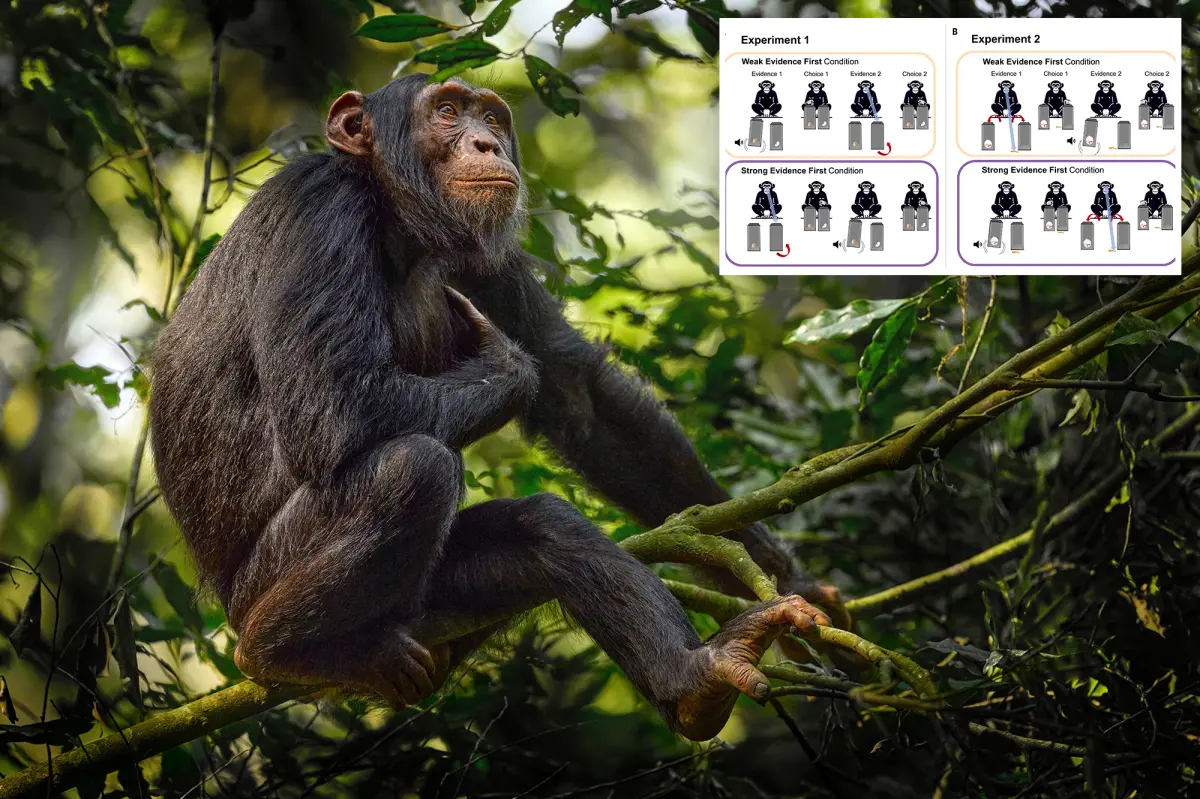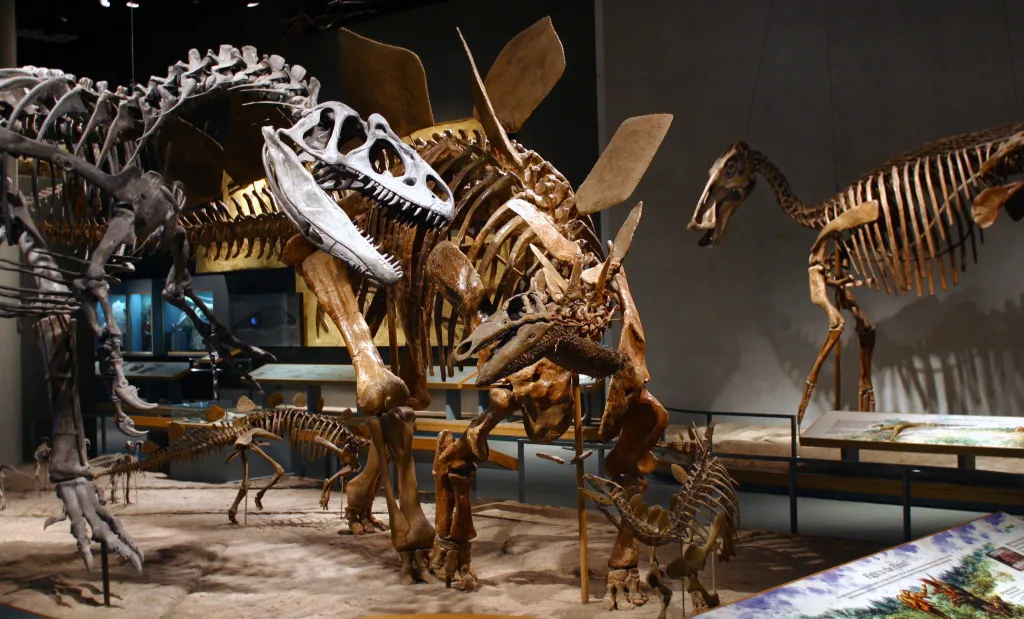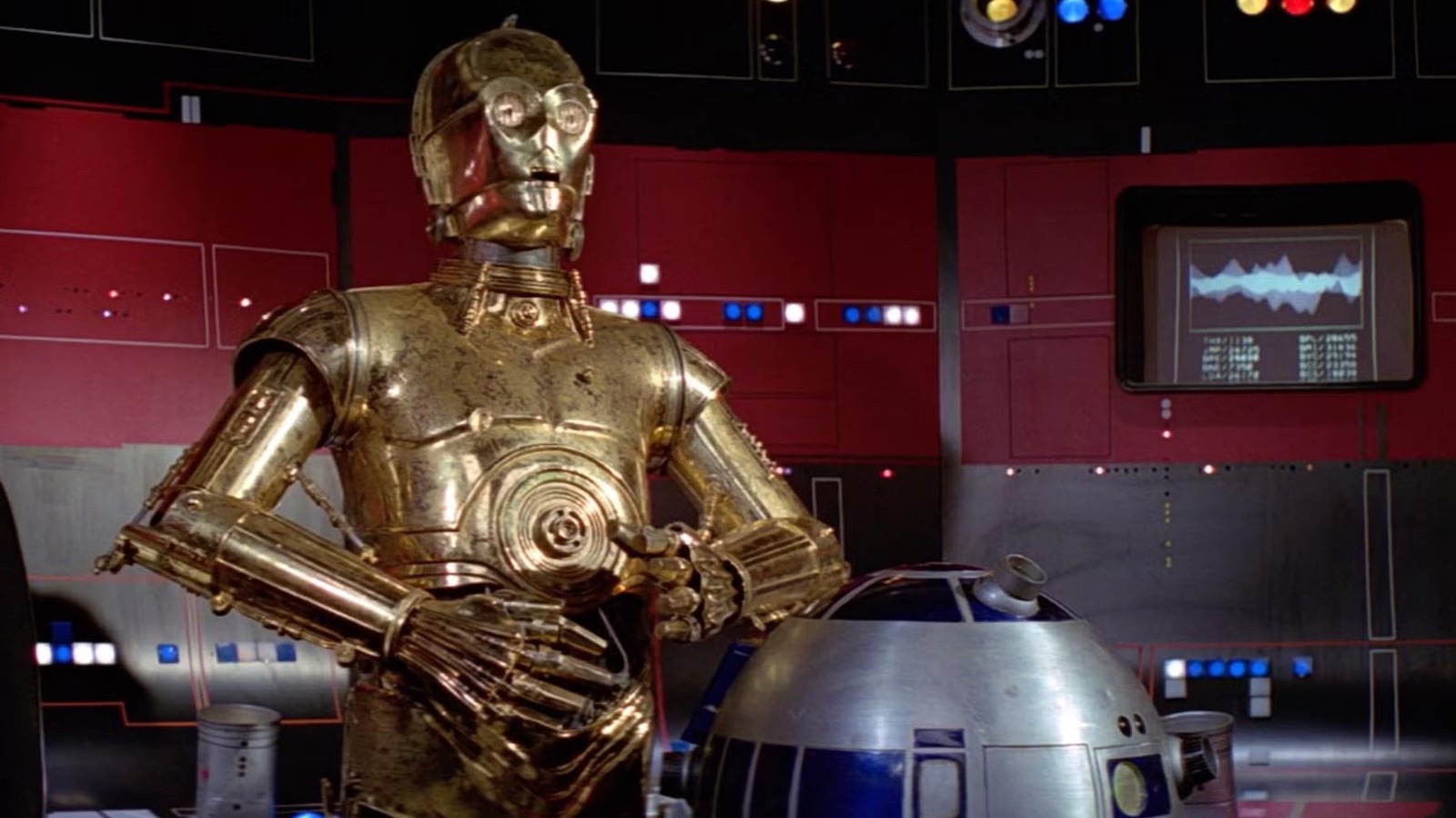Copyright New York Post

They’re not as chimple-minded as some might think. Chimpanzees have been observed displaying various human characteristics, including getting drunk and even sticking grass up their bums as a fashion trend. Now, Dutch scientists have found that the wicked smart simians have another shockingly anthropomorphic trait — adjusting their beliefs when presented with new evidence, per a new study published in the journal Science. “I think we have the evidence that we can say, okay, no, rationality in its fundamental form is not uniquely human, but we also share some basic processes of this with chimpanzees,” study author Hanna Schleihauf, a psychologist at Utrecht University in the Netherlands, told Science Alert. She and her colleagues set out to find whether these primates could engage in rational thinking, defined as the ability to formulate beliefs based on evidence. However, when new evidence arises, a thinking human or animal can weigh one set against the other to determine which is stronger. To gauge whether chimps possessed these reasoning skills, Schleihauf and her colleagues conducted a series of experiments at the Ngamba Island Chimpanzee Sanctuary in Uganda. The chimps were reportedly presented with two boxes, one with an apple inside and one without, Earth.com reported. They then had to choose a box based on the evidence presented, like a more cerebral shell game. “This is really the strongest and hardest test for this understanding of so-called second-order evidence,” said Schleihauf. Stronger evidence was visual — either seeing the human place the apple in the box or seeing the apple through the clear side of the box — while weaker evidence involved hearing a rattle in the box or crumbs. When chimps were presented with the stronger evidence before the weaker, they tended to stick with their original choice, but changed their minds when the more compelling clues were presented second. During one of the experiments, the test animals were presented with redundant weak evidence — food rattling inside a box — or new weak evidence, like a second piece of food being dropped in. More often than not, the primates chose the old over the new, indicating that they could differentiate between old and new info. That’s when the researchers decided to throw a monkey wrench into the experiment. The subjects were presented with what looked like an apple for a glass window, only to find out later that it was just a picture of one. Fortunately, they tended to choose reliable clues over false evidence. The scientific community was awestruck by the results. “The chimps knocked it out of the park,” says Brian Hare, an evolutionary anthropologist at Duke University, who was now affiliated with the research. “It’s obvious this is so easy for them.” Christopher Krupenye, who studies animal cognition at Johns Hopkins University and was also not involved in the study, said that the experiment suggests that the animals are “not just driven by simple, emotional responses” but “have rather complex awareness.” All told, the experiment perhaps proved that chimp intelligence was closer to that of their human counterparts than previously thought. Schleihauf concluded that while there are “still vast differences between us,” there “are also more similarities than we assumed there are.”



